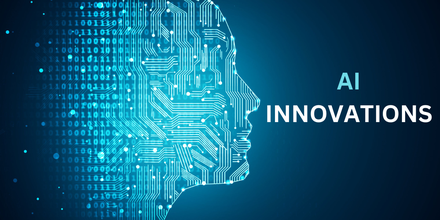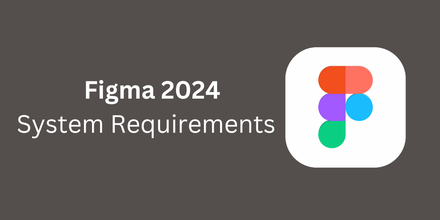AI and The Future of Branding: A Design Perspective
Oct 16, 2023 6016 seen
The Rise of AI in Branding
In the ever-evolving landscape of design, artificial intelligence (AI) has emerged as a transformative force, reshaping industries and pushing the boundaries of creativity. One area where AI is making a profound impact is in the realm of branding. This article delves into how AI influences the future of branding from a design perspective, exploring the opportunities, challenges, and the delicate balance between human ingenuity and machine intelligence.
Branding has long been considered a human-centric domain, driven by the creative minds of designers crafting logos, color schemes, and messaging to evoke specific emotions and perceptions. However, the integration of AI introduces a paradigm shift, challenging traditional notions and offering new possibilities.
Integrating AI in branding heralds a new era of possibilities and challenges for designers. Embracing this transformation requires a thoughtful approach, addressing ethical concerns, and recognizing the collaborative potential of humans and machines. As we navigate the evolving landscape of AI-infused branding, one thing is clear – the future is a canvas waiting to be painted by the symbiotic relationship between human creativity and artificial intelligence.
Dynamic Brand Elements
AI enables brands to create dynamic and responsive brand elements. Imagine a logo that adapts colors and shapes based on real-time data or user interactions. This dynamic branding approach adds a layer of interactivity and allows brands to stay relevant in an ever-changing digital landscape.
One of the most significant contributions of AI to branding is the ability to personalize experiences at scale. Machine learning algorithms analyze vast amounts of data to understand individual preferences, enabling brands to deliver tailor-made experiences to their audience. From personalized recommendations to customized marketing messages, AI enhances brand interactions in ways previously unimaginable.
The Design Process Enhanced
While some may fear AI could replace human designers, the reality is far more collaborative. AI is a powerful tool that augments the capabilities of designers and streamlines the design process.
Generative design, powered by AI algorithms, offers designers many possibilities. By inputting parameters and constraints, designers can let AI explore numerous design variations, helping in the ideation phase. This collaborative process between human creativity and machine-generated suggestions often leads to novel and innovative outcomes.
AI expedites the prototyping phase of design. AI tools can quickly generate prototypes based on design concepts, allowing designers to iterate rapidly. Moreover, AI assists in user testing by predicting potential usability issues and providing insights into user behavior, leading to more refined and user-friendly designs.
Ethical Considerations in AI-Infused Branding
As we embrace the benefits of AI in branding, it is crucial to address ethical considerations. The potential for bias in algorithms, privacy concerns, and the responsibility of designers in creating ethically sound AI-driven designs must be carefully examined.
AI algorithms are only as unbiased as the data they are trained on. To avoid perpetuating existing biases, designers must ensure that AI systems are trained with diverse and representative datasets. Transparency in the design process becomes paramount to building trust with users.
Personalization, a key strength of AI in branding, raises privacy concerns. Designers must strike a balance between delivering personalized experiences and respecting user privacy. Clear communication about data usage and robust security measures are essential in building and maintaining user trust.
Collaborative Future: Designers and AI
The future of branding lies in a harmonious collaboration between human designers and AI systems. Designers bring a nuanced understanding of human emotions, cultural contexts, and aesthetic sensibilities, while AI contributes data-driven insights, rapid processing capabilities, and innovative suggestions.
AI tools aid designers in overcoming creative blocks and enhancing creativity. AI becomes a valuable partner in the creative process by providing suggestions, automating repetitive tasks, and offering novel ideas.
As AI becomes integral to the design process, future designers may need to adapt and acquire new skills. Understanding how to leverage AI tools effectively and critically assessing AI-generated suggestions will be essential in navigating the evolving design landscape.


